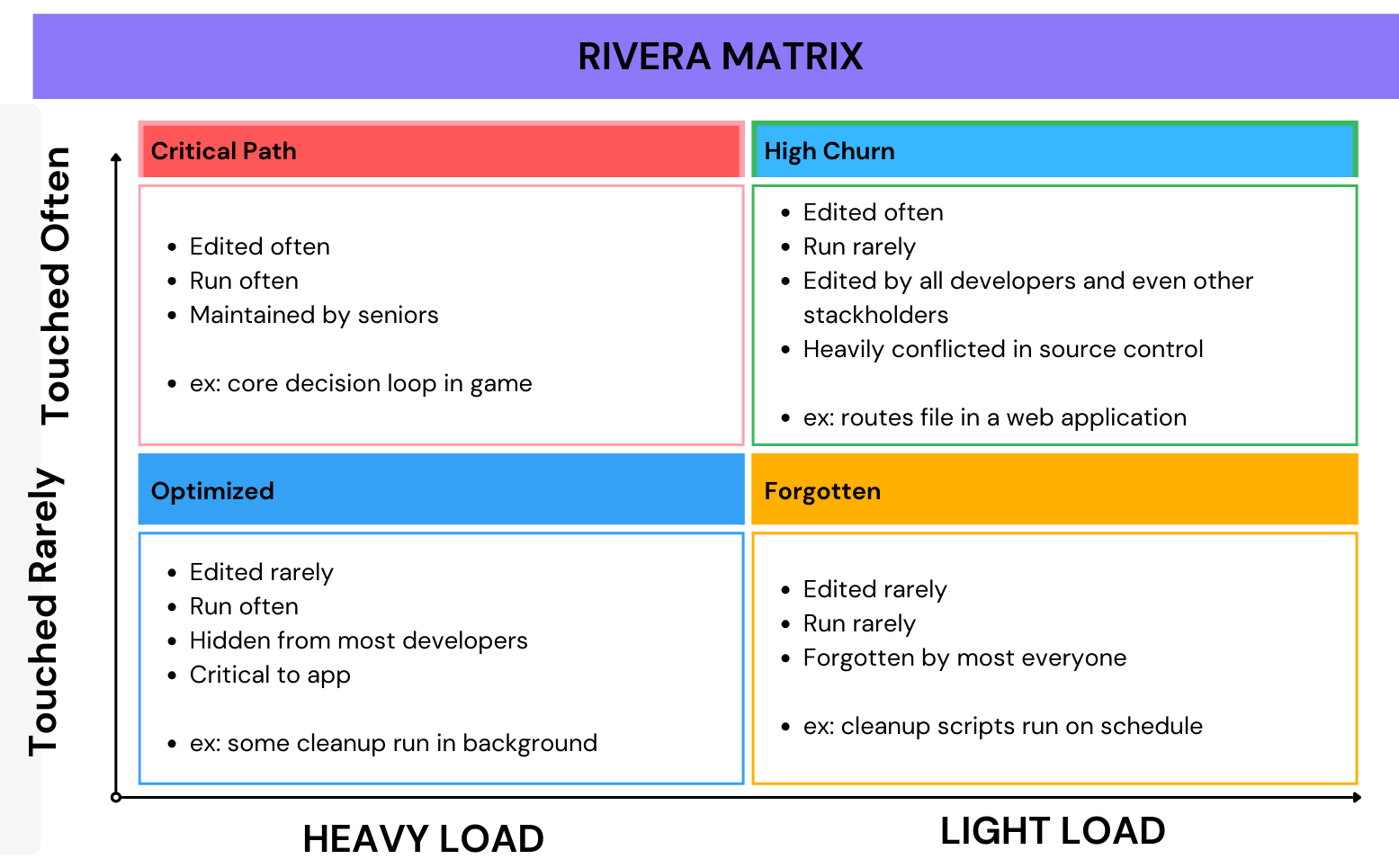Here I share contemplations on data-oriented design, team leadership, agile methodologies, and assorted subjects occupying my thoughts.
Disclaimer: The views and opinions expressed are solely my own and do not reflect or represent the positions of any companies I work for, collaborate with, invest in, advise, or any other associated entities.
HTMx is a modern tool designed to enhance HTML by enabling dynamic content and behaviors directly through HTML attributes, bridging the gap between static content and the need for complex JavaScript. Let’s dive straight into the mechanics of HTMx, illustrating its capabilities with code examples and explaining how it simplifies web development.
Getting Started with HTMx To use HTMx, include it in your HTML:
<script src="https://unpkg.com/htmx.org"></script> This single line is your ticket to a world where dynamic UIs don’t require verbose JavaScript.
[Read More]
Scylladb - Developers Cheat Code
In the fast-paced world of software development, balancing rapid feature development with long-term application scalability can be challenging. This is where the combination of CQLengine and ScyllaDB shines - offering a robust framework to boost developer productivity without compromising on performance.
Why CQLengine? CQLengine is a Python ORM that simplifies interacting with Cassandra-compatible databases like ScyllaDB. It allows developers to define data models in Python classes and abstracts away the complexities of CQL, making database operations intuitive through an object-relational mapping.
[Read More]
Read: Read Write Own
Note: this post was not sponsored, I just think it is a worthwhile read.
Read Write Own: Building the Next Era of the Internet
The internet has not lived up to its early promise. “Read, Write, Own” explains why, and charts a path to redemption.
In the early days, the web empowered users. Technologies like RSS let us control our digital lives. But those ideals faded as big tech tightened its grip.
[Read More]
Embracing Fearless Development With Reflog
Watching developers crawl through their projects, scared to push their limits because of Git, is like witnessing someone driving a Ferrari in first gear on an open highway. It’s not just frustrating; it’s a waste of potential. Here’s the deal: git reflog is your turbo button, and it’s high time we stop tiptoeing around Git like it’s some sort of minefield.
Why git reflog Should Be Your Go-To git reflog isn’t just a feature—it’s your get-out-of-jail-free card.
[Read More]
The Rivera Matrix

In the unrelenting world of coding, where every decision can mean the difference between success and failure, Henry Rivera’s Rivera Matrix stands as a practical guide. This tool, rooted in the Eisenhower Matrix, offers a clear framework for prioritizing coding tasks based on their interaction with humans and computers.
Initial idea created by Henry Rivera of Digital Turbine.
Quadrant 1: Critical Path This is where your code is both heavily used and highly visible.
[Read More]
AI Markdown (AIMD)
Edit: not called embeddings due to confusion with the more common use of the word embeddings in relation to AI, and not called markup due to AIML (AI Markup Language) already being a thing since the time of A.L.I.C.E
So, here’s the deal: the tech world is changing, and it’s changing fast. It’s like when the internet first hit the scene in the ’90s – subtle but game-changing. And in this new landscape, it’s all about programming, specifically how we scale it.
[Read More]
Orthodox Privilege
Paul Graham] recently posted an article on Orthodox Privilege which I think is absolutely worth a read. It reminded me of a Ted Talk by Kathryn Schulz on Being Wrong that I referenced in Mistakes, Failures and Progress. Specifically that “Do you know what being wrong feels like? Being right.” Pointing out the obvious that until you realize you are wrong, you work under the assumption you are right, while being completely aware that at any given time you are wrong about a great many things.
[Read More]
Just Don't Do It

Want to let you in on a little secret to getting more done - try less!
I know, it sounds counterintuitive. But hear me out. When you take on less, you complete a higher percentage of what’s on your plate.
Got two things to do and finish both? 100% success rate, my friends. Nothing gets stuff done like not doing it in the first place.
This isn’t about being lazy. It’s about being intentional.
[Read More]
Embracing a Flexible Future: Rethinking the Drive to Return to Office
In a recent move, Amazon mandated that its corporate employees spend a minimum of three days a week working from the office. For those of us who cherish the freedom of remote work, this directive might appear narrow-minded. However, delving deeper into the motivations behind the push for office returns can provide valuable insights.
Exploring the Motivations:
Unleashing Innovation through In-Person Collaboration: The belief that innovation and spontaneous creativity flourish during in-person collaborations is a driving force.
[Read More]
Dr. StrangeCode, or How I Learned To Stop Worrying and Love the Makefile
Reflecting upon the past, I recall a period when the mere utterance of ‘Makefile’ would inspire a chill, a sense of unease. I cleverly avoided it, favoring the modernism of other build tools, the simplicity of their abstractions, the comfort of not having to grapple with a seemingly ancient entity. However, the echo of ‘make’, persistent and enduring, refused to fade into obscurity.
As the echoes grew louder, I found myself at a crossroads.
[Read More]